Neuroscience
-
 Neuroscience
NeuroscienceMath-anxious brains tackle simple problems differently
An fMRI study found more variable brain activity in people who get nervous about math problems.
-
 Genetics
GeneticsIn 1967, LSD was briefly labeled a breaker of chromosomes
Claims that the hallucinogenic drug damaged DNA were quickly rejected. But questions remain about how LSD works.
By Bruce Bower -
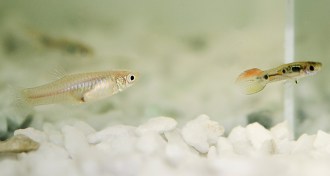 Animals
AnimalsFemale guppies with bigger brains pick more attractive guys
A larger-brained female guppy may pick primo males, but all that mental machinery costs her in other ways.
By Susan Milius -
 Neuroscience
NeuroscienceLab tests aren’t the answer for every science question
Acting Editor in Chief Elizabeth Quill discusses the value of observational science.
-
 Neuroscience
NeuroscienceSmartphones may be changing the way we think
We rely on our digital devices to connect with others and for memory and navigation shortcuts. What is that doing to our brains?
-
 Neuroscience
NeuroscienceMaking a mistake can put your brain on ‘pause’
When there’s not much time to recover, one error can lead to another.
-
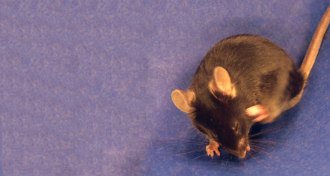 Neuroscience
NeuroscienceScratching is catching in mice
Contagious itching spreads by sight mouse-to-mouse, and scientists have identified brain structures behind the phenomenon.
By Susan Milius -
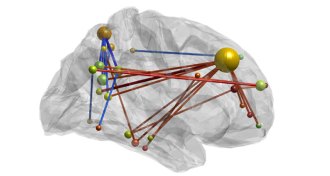 Neuroscience
NeuroscienceBrain training turns recall rookies into memory masters
Six weeks of training turned average people into memory masters, a skill reflected in their brains.
-
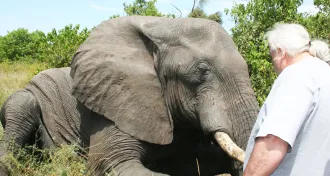 Animals
AnimalsWild elephants clock shortest shut-eye recorded for mammals
Among mammals, wild elephants may need the least amount of sleep, new measurements suggest.
By Susan Milius -
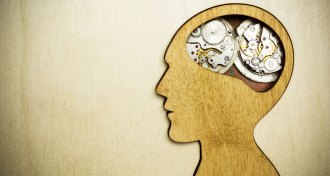 Neuroscience
NeuroscienceMysteries of time still stump scientists
The new book "Why Time Flies" is an exploration of how the body perceives time.
-
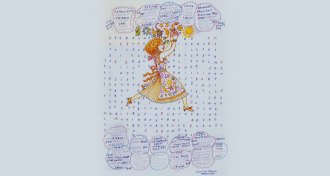 Neuroscience
NeuroscienceArtist’s amnesia could help unlock mysteries of memory
In "The Perpetual Now", journalist Michael Lemonick looks at what an artist’s memory loss can teach neuroscientists about the brain.
By Diana Steele -
 Neuroscience
NeuroscienceIf chewing sounds irk you, blame your brain
People who find chewing and slurping sounds annoying have structural differences in their brains.